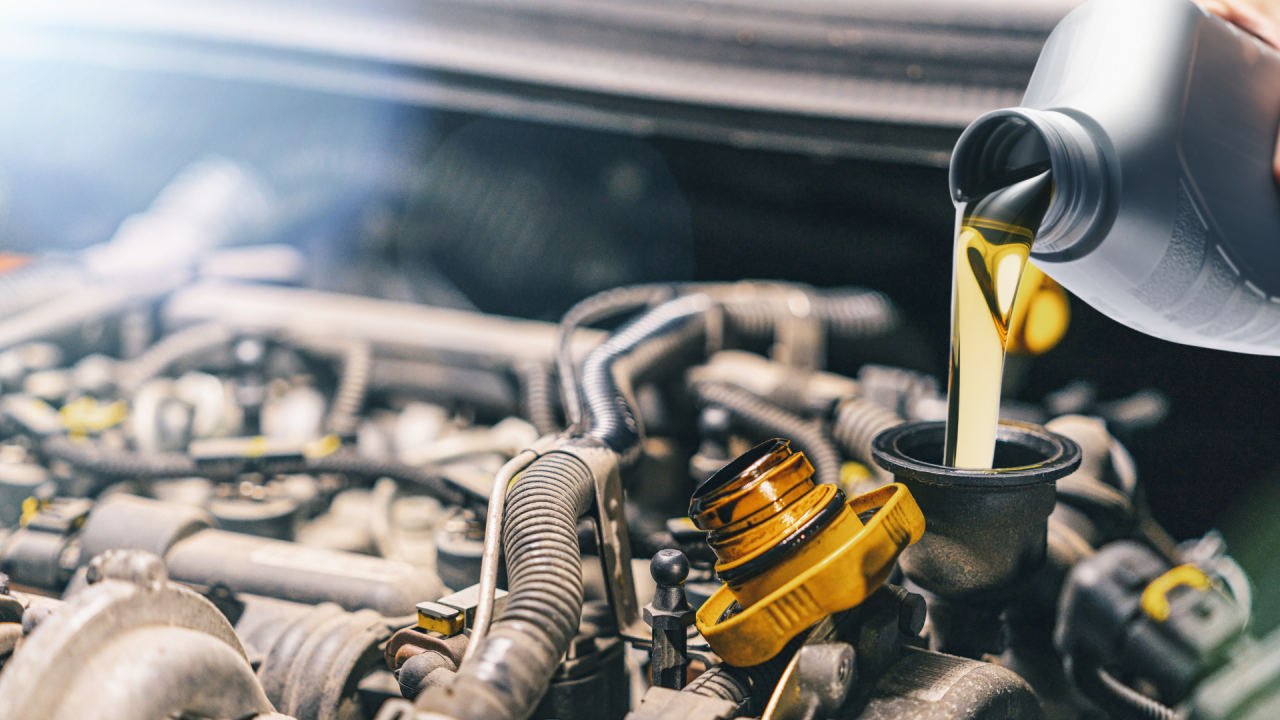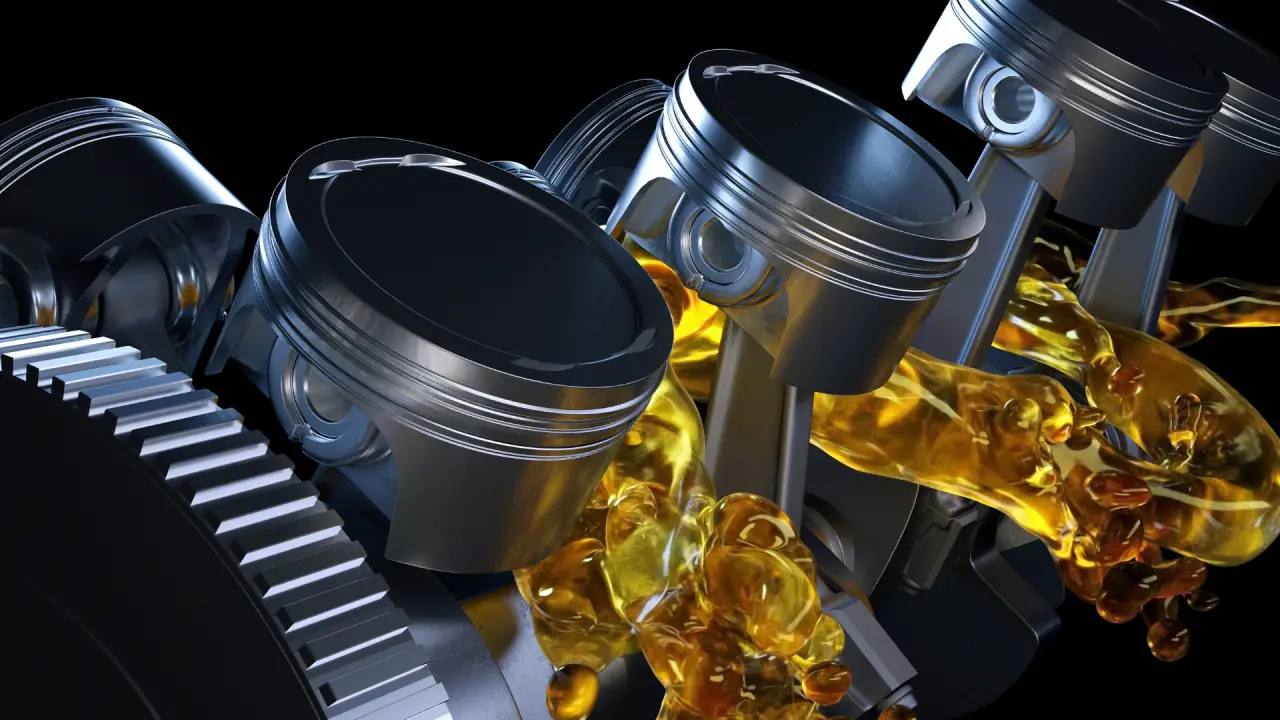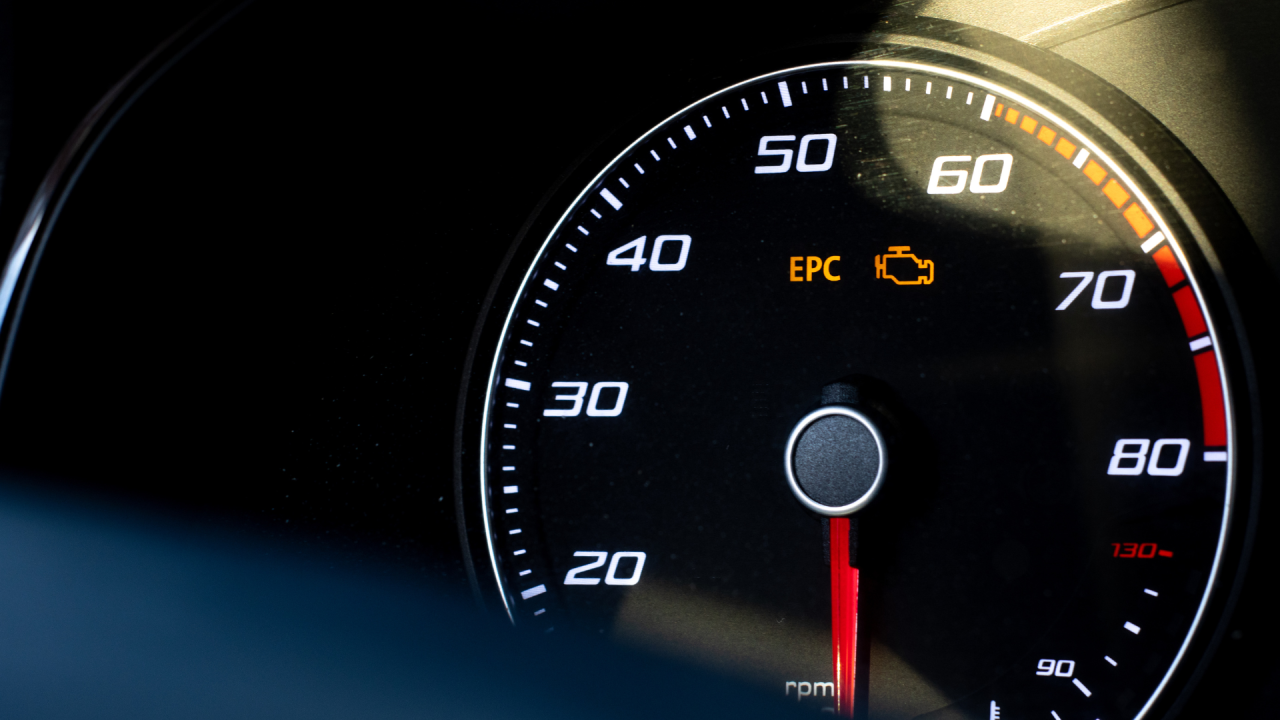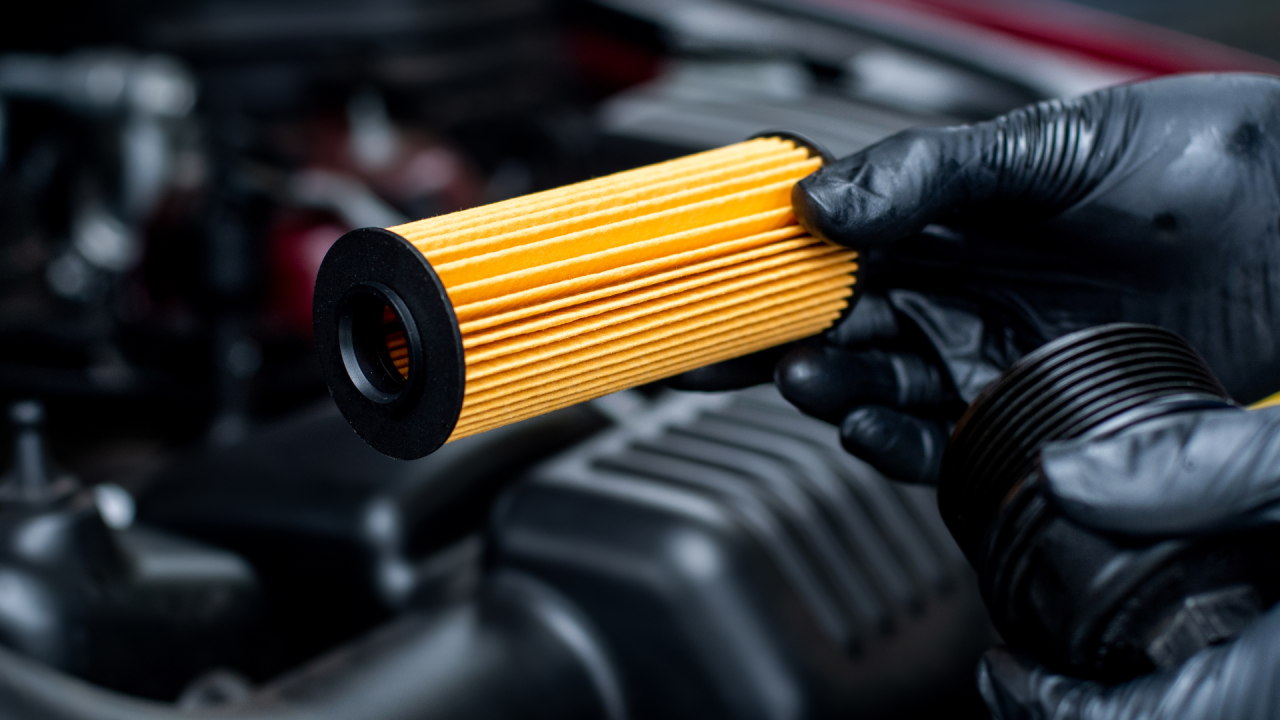
The 7.3L Powerstroke engine is a legendary workhorse known for its robust performance and durability. Whether powering heavy-duty trucks or industrial equipment, this diesel engine has earned its place in enthusiasts’ and professionals’ hearts.
Understanding the proper oil type and capacity is crucial to ensure this powerhouse continues to run at its best. This guide looks at these critical aspects in-depth, providing the knowledge you need to keep your 7.3L Powerstroke Turbocharged Diesel Engine running smoothly.
7.3 Powerstroke Oil Type and Capacity
The Heart of the Machine: 7.3L Powerstroke Engine
The 7.3L Powerstroke Turbo Diesel engine is a testament to engineering excellence. Known for its displacement, eight-cylinder configuration, and turbocharged technology, it has become an icon in the diesel engine world. This section offers an overview of what makes this engine unique and why it deserves our attention when choosing the right oil.
Key Specifications and Features
Dive deeper into the engine’s core specifications. We’ll explore its displacement, horsepower, torque, and the impressive features that set it apart from the competition.
Understanding the engine’s inner workings is crucial for selecting the right oil type and capacity.
| Feature/Specification | Description |
| Displacement | 7.3 liters |
| Configuration | V8 (eight cylinders in a V-shaped arrangement) |
| Aspiration | Turbocharged (Turbocharger technology) |
| Horsepower | Typically, around 250-275 horsepower |
| Torque | High torque output for excellent towing power |
| Fuel | Diesel fuel |
| Cooling System | Liquid-cooled with a radiator |
| Injection System | Direct Injection |
| High-Pressure Oil System | Utilizes high-pressure oil for injection |
| Overhead valve design | Two valves per cylinder (OHV) |
| Block Material | Cast-iron |
| Fuel Injection Control | Electronic Fuel Injection (EFI) |
| Engine Control Module (ECM) | Manages engine performance and emissions |
| Fuel Efficiency | Typically moderate due to diesel fuel |
| Durability | Known for long-term reliability |
| Common Usage | Heavy-duty trucks, industrial applications |
The Role of Engine Oil
Engine oil is the lifeblood of any internal combustion engine. The 7.3L V8 Diesel motor is no exception. In this subsection, we’ll elaborate on the critical functions of engine oil, such as lubrication, heat dissipation, and protection against corrosion. Appreciating the role of oil sets the foundation for making informed decisions.
The Right Oil Type for 7.3 Powerstroke Engine

Why Oil Type Matters
Oil type matters in the 7.3L Powerstroke Turbocharged Diesel Engine because it affects lubrication, heat dissipation, and engine protection. The right oil ensures peak performance, longevity, and efficiency.
Recommended Oil Types
Some of the best oil types are recommended, including;
- Ford Genuine 15W-40 Super Duty Diesel Motor Oil
- Valvoline Premium Blue SAE 15W-40 Diesel Engine Oil
- Shell Rotella T6 Full Synthetic 15W-40 Diesel Engine Oil
- Best 10W-30 Oil For 7.3L Powerstroke:
- Schaeffer SynShield OTR Plus Diesel Engine Oil 10W-30
- Shell Rotella T5 Synthetic Blend 10W-30 Diesel Engine Oil
To explore further details regarding particular oil brands or grades appropriate for the 7.3L Powerstroke engine, you can access this information by clicking the following link.
The recommended oil type for the 7.3L Powerstroke V8 Turbo Motor includes high-quality diesel engine oils meeting the manufacturer’s specifications, with appropriate viscosity and API classifications for optimal performance and protection.
Oil Capacity: The Precise Balance
The Importance of Knowing Oil Capacity
Understanding the engine’s oil capacity is more than just a number; it’s a critical maintenance aspect. This subsection explains why knowing the oil capacity is crucial for engine health and optimal performance.
The Specifics of Oil Capacity
Delve into the details of the 7.3L Powerstroke engine’s oil capacity. Learn the exact amount of oil required for an oil change, including the oil filter capacity. The 7.3L Powerstroke Turbocharged V8 typically has a total oil capacity, including the oil filter, of approximately 14 to 15 quarts, but it’s essential to consult the vehicle’s manual for precise specifications.
Factors Influencing Oil Change Frequency

Mileage Matters
Oil change frequency isn’t a one-size-fits-all concept. Mileage significantly influences oil change frequency. Higher mileage typically necessitates more frequent oil changes, as the oil may degrade faster due to extended use, increasing the risk of engine wear.
Driving Conditions and Oil Quality
Driving conditions and oil quality are crucial factors in oil change frequency. Severe conditions like towing or off-roading demand more frequent changes and high-quality oil can extend intervals by providing better protection.
Manufacturer’s Recommendations
Manufacturer recommendations for oil change frequency are crucial. They consider engine design, ensuring ideal maintenance intervals for longevity, performance, and warranty adherence. Follow them for optimal engine care.
How to Check and Change Engine Oil

Regular Oil Checks
Regular oil checks are essential because they allow you to monitor oil levels and quality. This helps identify leaks or contamination early, preventing engine damage and ensuring smooth operation.
Step-by-Step Oil Change Guide
We provide a comprehensive guide for those ready to tackle an oil change. From gathering the necessary tools and supplies to safely disposing of old oil, you’ll have all the information required to perform this critical maintenance task.
- Gather tools: Oil filter wrench, drain pan, funnel, socket set, new oil filter, and engine oil.
- Warm up the engine.
- Locate the drain plug and oil filter.
- Drain old oil into the pan.
- Remove the old oil filter.
- Apply oil to the new filter’s gasket.
- Install the new oil filter hand-tight.
- Add new oil per the manufacturer’s recommendation.
- Check the oil level.
- Dispose of old oil and filter responsibly.
- Record the oil change in your maintenance log.
It’s a good practice to record the date and mileage of the oil change in your vehicle’s maintenance log. This helps you keep track of when the following oil change is due.
Maintenance Tips for Optimal Performance

Monitor Oil Levels Regularly
Regular oil level monitoring is the cornerstone of preventive maintenance. We’ll offer tips on how to check the oil level and what to look for when doing so.
Use Quality Oil Filters
The quality of oil filters can significantly impact engine performance. Discover why quality filters are essential and how to choose the right one.
Follow Manufacturer’s Recommendations*
The manufacturer knows the engine best. We’ll reiterate the importance of adhering to their oil type, capacity, and change intervals guidelines to ensure your 7.3L Powerstroke Diesel Power Unit performs at its peak.
Conclusion: Keeping Your Powerstroke Engine Running Strong
In the intricate world of engines, where power meets precision, we’ve navigated the corridors of the 7.3L Powerstroke engine, discovering its secrets to optimal performance. The right oil type, matched with a precise capacity, serves as the lifeblood of this mechanical marvel, ensuring its longevity and endurance.
As we conclude this journey, armed with knowledge about this legendary engine’s specifications, the nuances of engine oil, and the art of maintenance, you hold the key to keeping your Powerstroke roaring with life.
Embrace the responsibility for nurturing its power and potential; you become the guardian of a mechanical legacy that continues to shape industries and defy expectations. May your Powerstroke never falter; its power constantly surges at your command.
Related Reads:
- List of Approved Oils Meeting VW 502 00 Standard: – Explore the comprehensive list of oils meeting VW 502 00 standard for Volkswagen vehicles. Click here.
- Pennzoil Vs Mobil 1: Head-To-Head Comparison: “Delve into a detailed comparison between Pennzoil and Mobil 1 to choose the best engine oil for your vehicle – Click here.
- Dexos Approved Oil Lists [Dexos 1, Dexos 2, Dexos D]: “Discover the Dexos approved oil lists, including Dexos 1, Dexos 2, and Dexos D, for enhanced engine protection – Click here.
- Motorcraft Coolant Equivalent: [Orange & Premium Gold]: “Find the equivalent coolant for Motorcraft’s Orange and Premium Gold coolant formulations – Click here.
- Toyota WS Transmission Fluid Alternative: “Seeking an alternative to Toyota WS transmission fluid? Explore your options for smooth transmission operation – Click here.
We’d love to hear from you!
Enjoyed our blog? Please leave a comment below. Whether it’s questions, feedback, or sharing your experiences, your input is highly valued!


